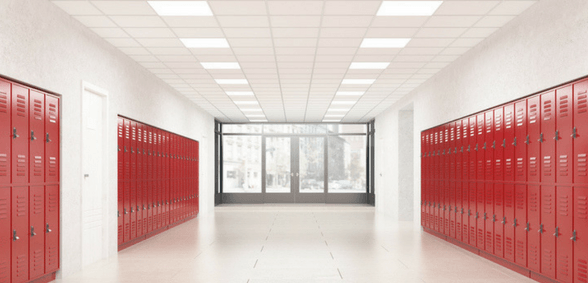
CREDIT: This story was first seen in BBC News
The Archbishop of Canterbury has criticised grammar schools as “contrary to the notion of the common good”, BBC News reports.
Speaking in the House of Lords, the Most Rev Justin Welby called for education to focus on “drawing the best out of every person”, rather than a selective approach.
He said governments should not look to the past and “waste our time rummaging there for the solutions of tomorrow.”
Some Tory MPs said grammar schools offer “invaluable opportunities”.
The archbishop led a debate on education, saying the country was now in a “fourth digital revolution” and schools had one of the “greatest challenges” in tackling the “seismic shift” when it comes to preparing children for the future.
However, he said “children of privilege continue to inherit privilege” and the system was not acting in a way to help everyone.
“The academic selective approach to education, one which prioritises separation as a necessary precondition for the nurture of excellence, makes a statement about the purpose of education that is contrary to the notion of the common good,” the archbishop said.
“An approach that neglects those of lesser ability or because of a misguided notion of levelling out does not give the fullest opportunity to those of highest ability or does not enable all to develop a sense of community and mutuality.”
His comments have been denounced by some MPs who back the schools.
Conservative Andrew Bridgen told the Daily Mail: “[Mr Welby] is obviously entitled to his own views, but the evidence is that grammar schools are a great way for under-privileged children to escape poverty.
“It is well known that they provide social mobility for the under-privileged.”
Fellow Conservative MP Conor Burns also told the newspaper: “Many grammar school provide invaluable opportunities for children from both poor and rich backgrounds, and give them the opportunities they may not otherwise have.”
In 2016, Theresa May outlined plans to introduce a “new generation” of grammar schools by 2020, removing the ban introduced by Labour in 1997.
However, after the general election in June – and without a majority in Parliament – the government scrapped the plans, saying instead they would “look at all options” for opening new schools, without removing the ban.
Don’t forget to follow us on Twitter, like us on Facebook, or connect with us on LinkedIn!

Be the first to comment